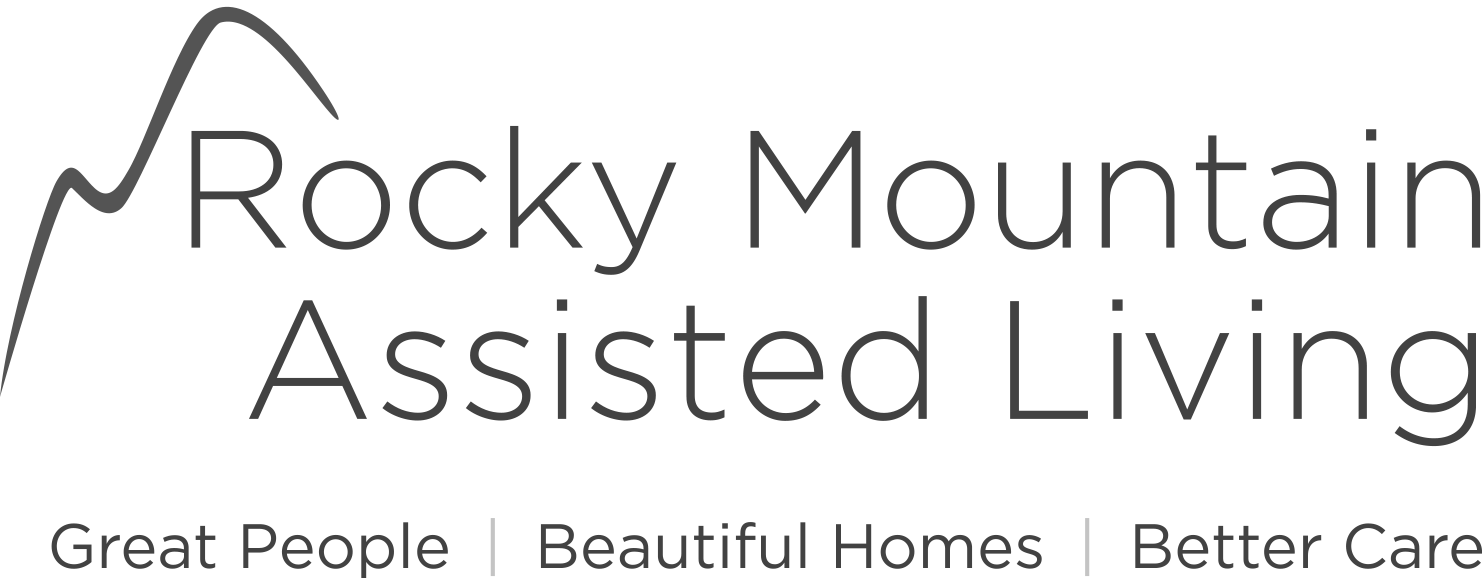First, it is critical to note that depression is never a normal part of the aging process. In some cases, elderly seniors experience losses or feelings of grief that are normal. However, if you notice that your elderly loved one starts to exhibit these signs of depression, you should consider getting them some help as soon as possible.
Signs of Depression in the Elderly
Recognizing signs of depression in the elderly is important in order to ensure quick intervention and assistance. Some of the signs and symptoms of depression in the elderly may include the following:
- Sudden sadness or feelings of despair
- Loss of interest in socializing with others, including family and friends
- Sudden lack of motivation or energy to do daily activities
- Unexplained aches or pains
- Unexplained weight loss or loss of appetite in general
- Sleep changes, such as oversleeping, daytime sleepiness, or difficulty falling/staying asleep
- Loss of self-worth or feelings of self-loathing
- Slow movement or speech
- Memory challenges
- Suicidal thoughts or comments
- Failure to attend to daily hygiene or personal care
- Inability to feel sad over things that people would normally feel bad about
- Continued conversations regarding feeling like a burden to family and friends
Causes of Depression in the Elderly
There are many causes of depression in the elderly, which can include increases in health problems or illness, chronic pain, loneliness, isolation, decreased mobility, decreased overall sense of purpose, fear of death, fear of financial issues, or the deaths of family or friends. In many cases, depression results as a side effect of medications. There are many medications commonly prescribed to seniors for blood pressure, high cholesterol, beta-blockers, heart and ulcer drugs, Parkinson’s disease medication, and more that are known to result in depression. If your elderly loved one takes any of these medications, keep a close eye to make sure that they do not develop early signs of depression.
Ways to Overcome Depression
The old saying, “An old dog can’t learn new tricks” cannot be further from the truth. Elderly residents of nursing homes should be encouraged to learn new skills and try new activities. A human brain never stops developing or learning. Overcoming depression in the elderly involves finding a sense of purpose and belonging. Staying connected and reaching out can help ensure that an elderly loved one has support when they start to feel grief or frustration. Making sure that an elderly person moves their body, receives proper nutrition, keeps hydrated, and has activities that make them feel worthy and supported can drastically change depression. In some cases, an elderly person may also need mental health counseling to deal with changes they never experienced before.
Rocky Mountain Assisted Living
At Rocky Mountain Assisted Living, we want to make sure that you know your loved one is in an environment where we constantly try to ensure their best physical and mental health. We are trained to spot the signs of depression in the elderly and know ways to reverse its course. To see if we are a good fit for your elderly loved one, contact us at 303-671-5251. You may also visit any of our locations such as our assisted living facility in Lakewood or visit us online today.

